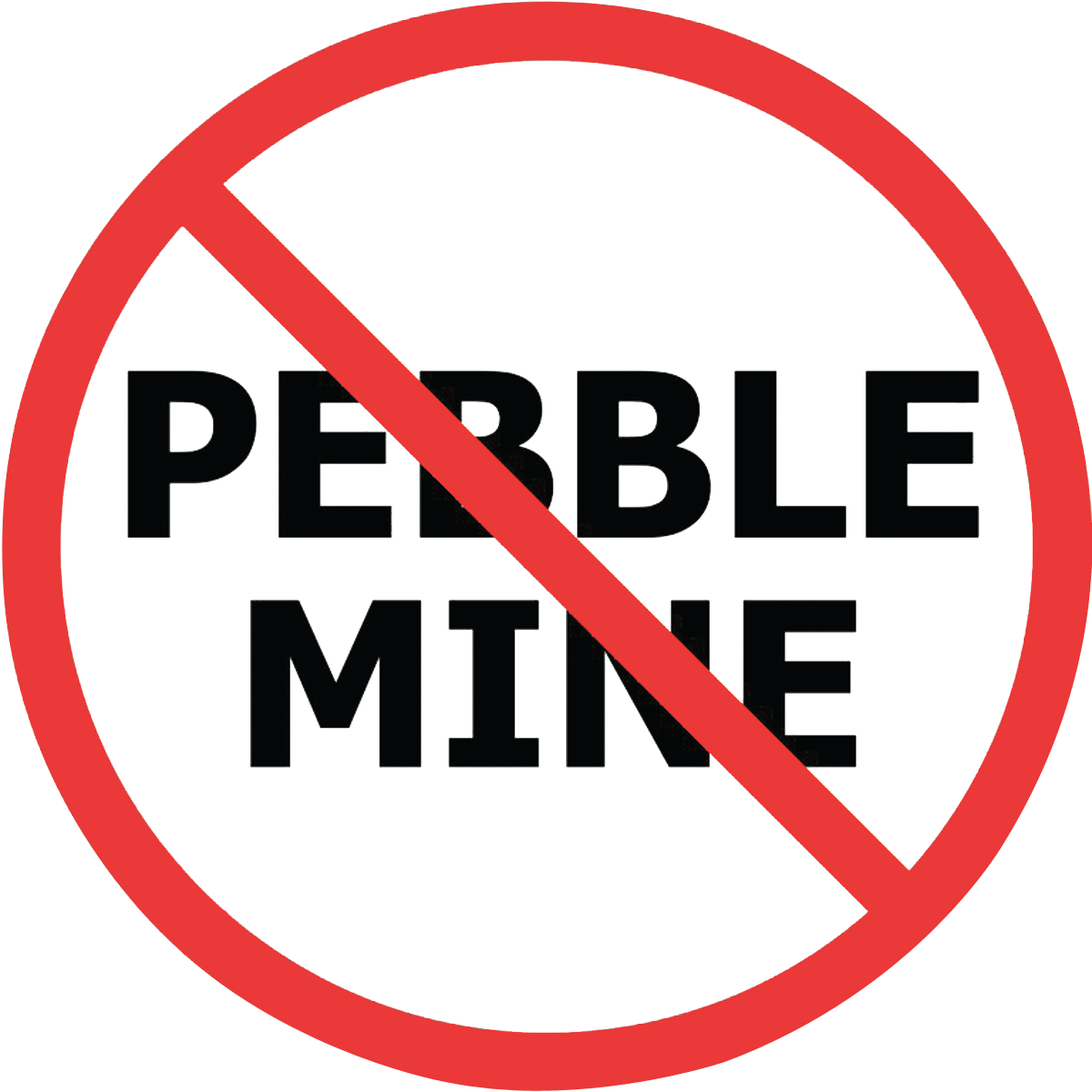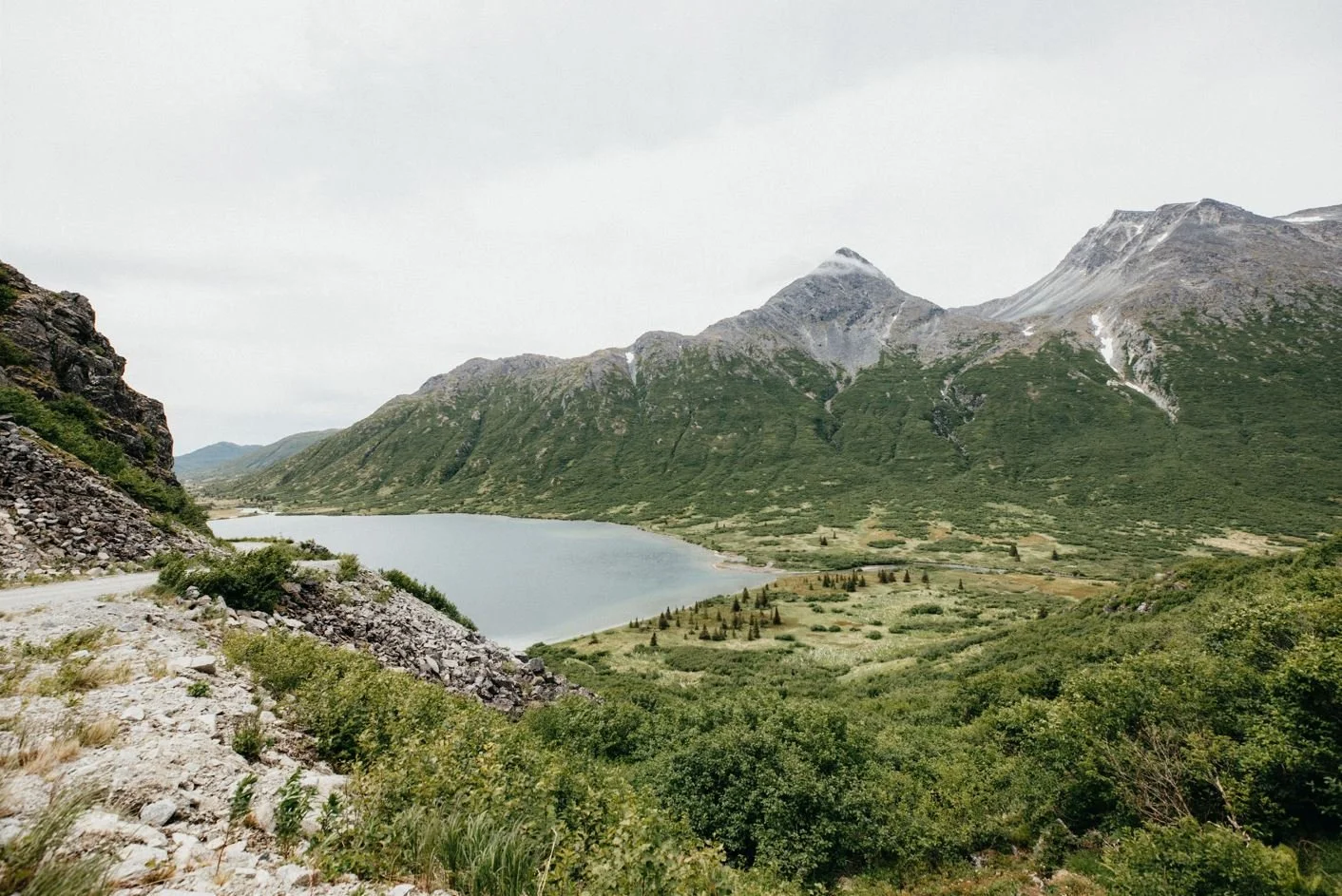In January we celebrated the monumental news of finalized Clean Water Act 404(c) safeguards for the headwaters of Bristol Bay. Last week, the celebration continued with a party at the White House.
To be clear, our work for Bristol Bay is not over.
The world’s greatest sockeye salmon fishery now protected by the Clean Water Act
A piece of the puzzle: Pedro Bay Rivers Project
In December, 2022, conservation easements were established on 44,000 acres of Pedro Bay Corporation land to protect critical fish and wildlife habitat and maintain subsistence and recreation opportunities on the north end of Lake Iliamna. The easements will not only protect the important salmon habitat, but to also prevent an industrial-scale road that the Pebble Mine project desires to build on the Corporation’s land to connect the proposed mine site to Cook Inlet on the Pacific Ocean. Photo: Happy Nguyen
Closer than ever.
Traditional advocates for Bristol Bay get some non-traditional backup
Bristol Bay’s traditional advocates- the Indigenous Peoples of Bristol Bay, Tribes, sportfish and hunting business owners, guides, commercial fishermen, and Alaskans statewide- were joined by some nontraditional voices in the Clean Water Act comment period this summer and fall. Read the comments here. Photo: Mountain Mind Media
A season of records for Bristol Bay
Three reasons EPA should finalize safeguards for Bristol Bay
Local residents, outdoor industry, get loud for Clean Water Act protections for Bristol Bay
On May 26th, 2022, the U.S. Environmental Protection Agency (EPA) published revisions to proposed Clean Water Act protections for Bristol Bay, kicking off a public comment period. Since then, residents in Bristol Bay and allies nationwide have been outspoken in their support for these protections, requesting that they be finalized as soon as possible.
One step forward for Bristol Bay and another chance to comment
Today, the Environmental Protection Agency announced its revised Proposed Determination for Bristol Bay as part of the Clean Water Act 404(c) process. This is a huge step forward in ensuring the Pebble cannot return in the future. Now, EPA has opened a 40 day comment period for the public to weigh in on the revisions to proposed protections.












